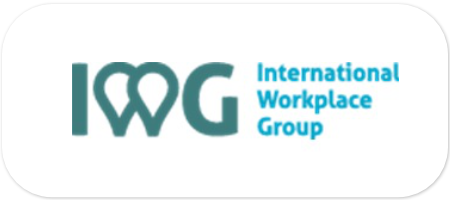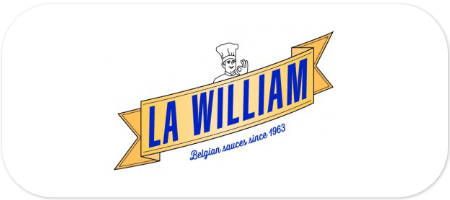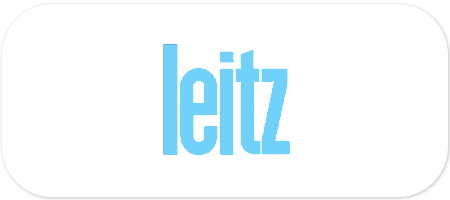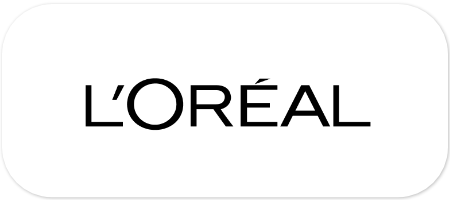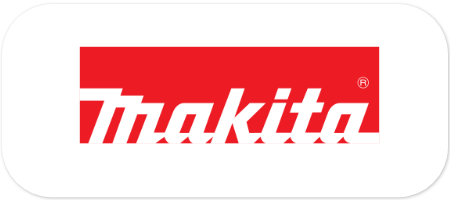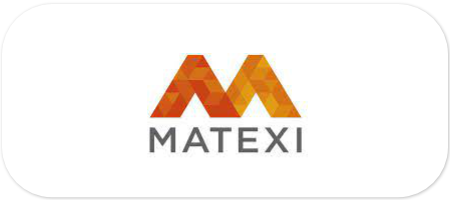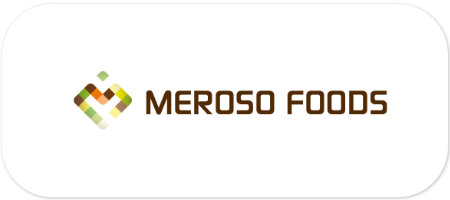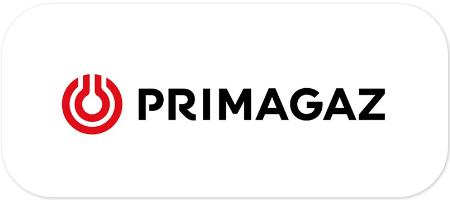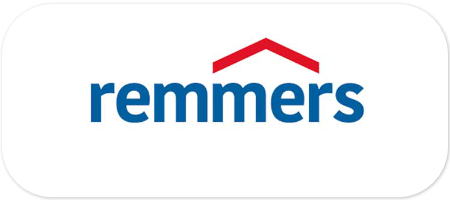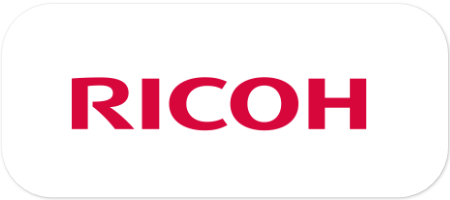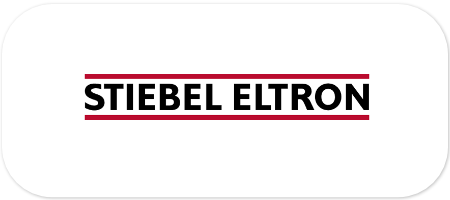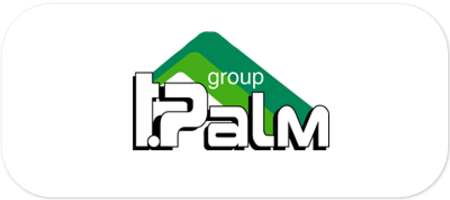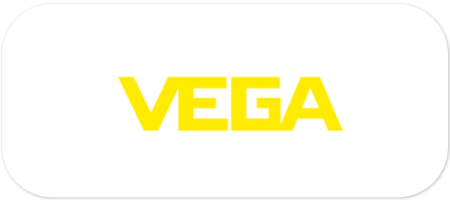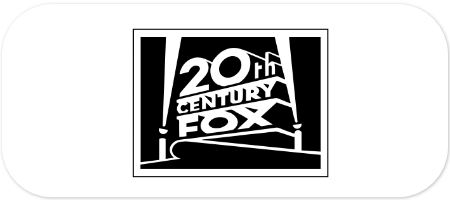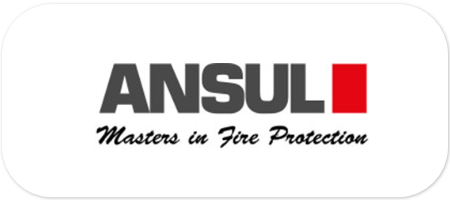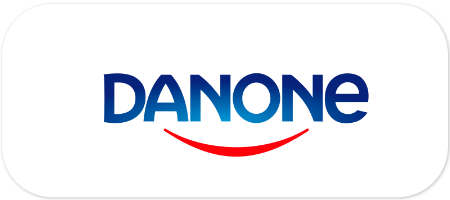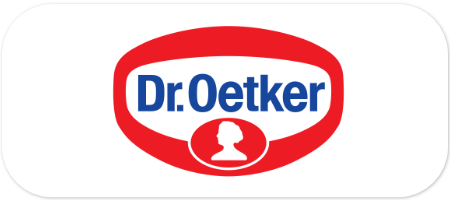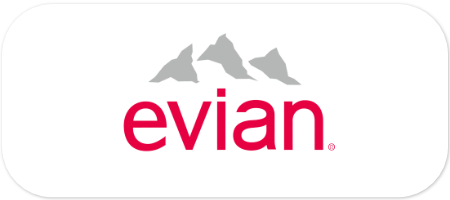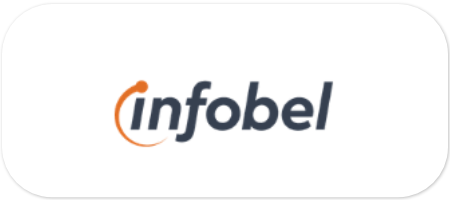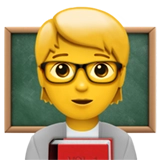Did you know that communication is a key factor in business success? Being able to communicate effectively not only enables teams to work together efficiently, but also to achieve the objectives set by the board of directors. Communication training for corporate teams is therefore essential to improve their performance and foster collaboration.
Archetype: a corporate training company with 30 years’ experience
Our corporate training company, Archetype, based in Brussels, Belgium, has extensive experience in improving communication skills and other areas such as sales, management, etc. We have trained more than 3,000 people over the years, enhancing their professional and personal skills.
Our working method consists of defining objectives and aligning expectations. To ensure the relevance and effectiveness of our communication training for corporate teams, we start by defining the coaching objectives in close collaboration with management and the board of directors. As companies have specific needs, a preliminary meeting with your team enables us to tailor our programme to your requirements. At this stage, we ensure the team’s commitment throughout the training process.
The main areas of communication training for corporate teams
Improving active listening and understanding
Effective communication is above all based on active listening and a good understanding of the needs and expectations of those you are dealing with. The exercises proposed in our training course enable participants to improve their active listening skills. This exercise encourages better collaboration between team members.
Developing clear, structured communication
To be clearly understood by different interlocutors, each member of the team must know how to express themselves with a clear and concise structure. Our communication training for corporate teams offers practical advice on how to organise your speech and highlight the main points, so as to capture the audience’s attention and facilitate decision-making.
Understanding non-verbal language and cultural differences
Non-verbal language, such as gestures, facial expressions and postures, also plays a major role in interpersonal communication. It can sometimes vary from one culture to another and create misunderstandings if it is not mastered. During the course, we teach participants to be attentive to these non-verbal signals and to take them into account in order to facilitate exchanges within the team or with external partners.
Bringing managers closer to their teams
The relationship between managers and their teams is a major factor in the quality of communication within a company. By adapting their approach and remaining attentive to the needs of each individual, managers can inspire confidence and foster a calm and constructive working environment. Communication training for corporate teams teaches participants how to communicate more effectively with their contacts, so that they can work more closely and effectively as managers.
Post-training follow-up: guaranteeing practical application of the skills acquired
One of the key features of our communication training for corporate teams is the post-training follow-up. This is a step that ensures that what has been learnt lasts and makes it easier to put it into practice within professional teams.
Knowledge reinforcement and ongoing support
To consolidate what has been learned throughout the course, we offer our participants ongoing support in various forms: individual or group coaching sessions, practical workshops tailored to your sector of activity, etc. Our aim is to enable each participant to feel supported and guided in applying the skills they have acquired.
Measuring the scope of application and the results obtained
To validate the positive impact of training on team performance, we carry out regular evaluations of the progress made by participants. These evaluations can take the form of questionnaires, individual or group interviews, case studies, etc. The results then enable us to adjust and refine our training programme according to the specific needs of each team.



